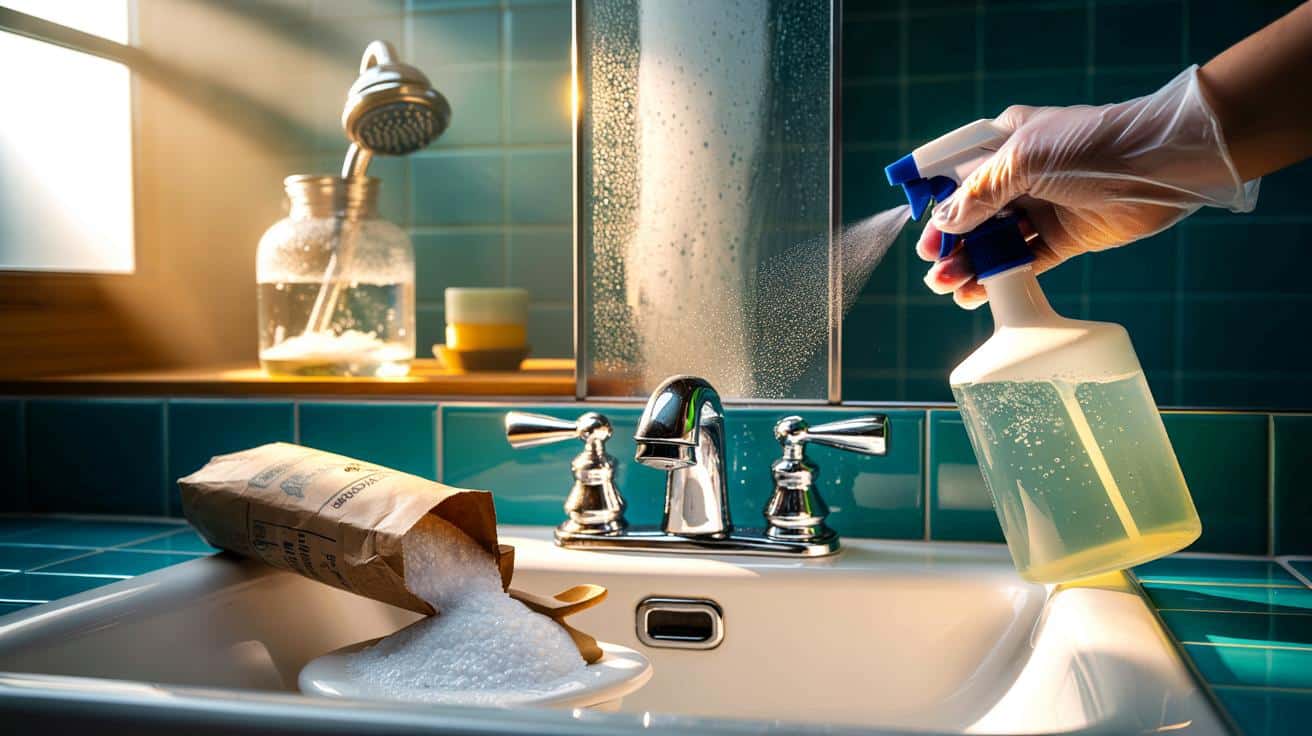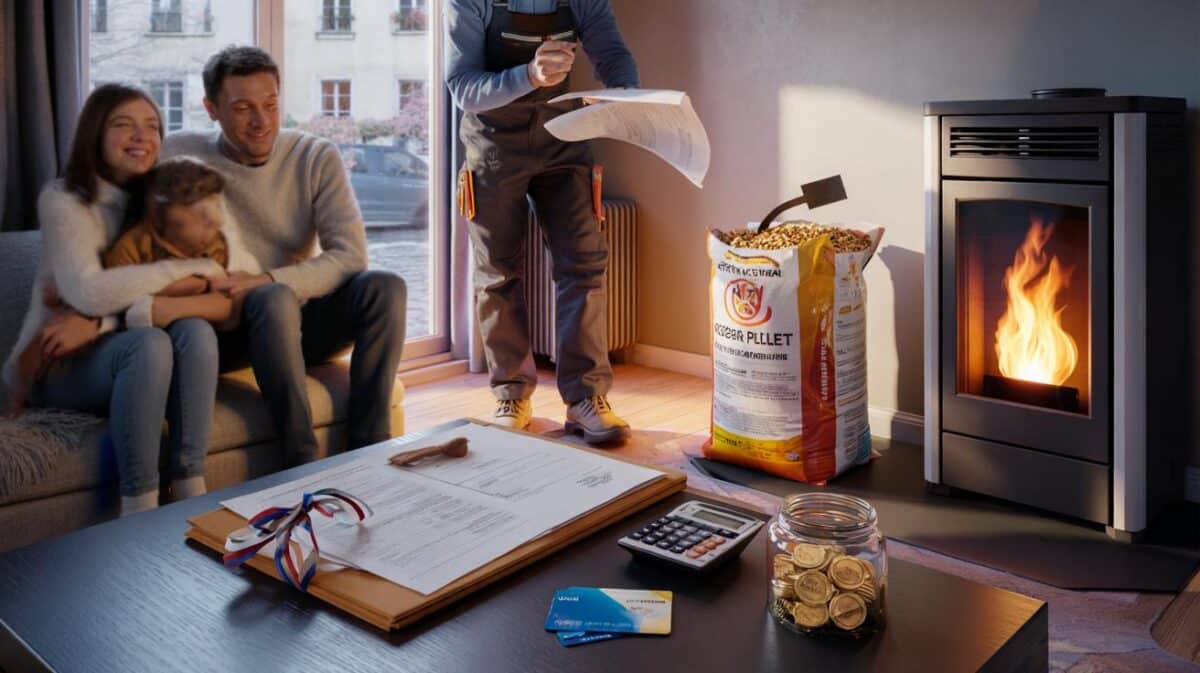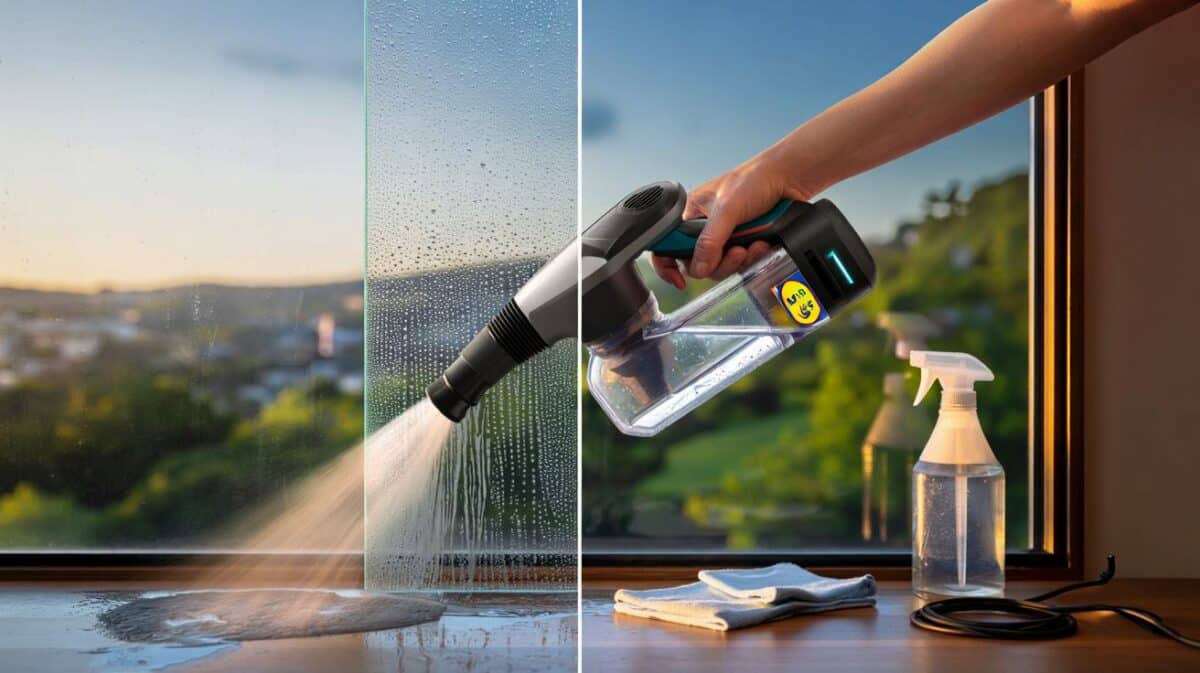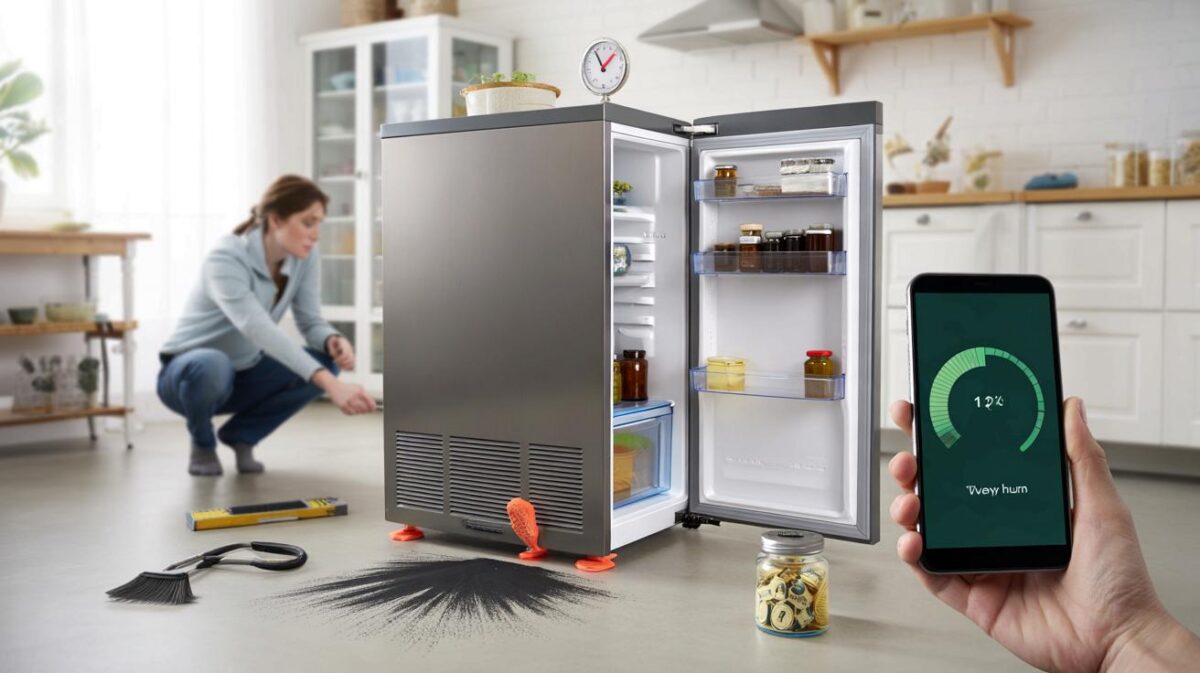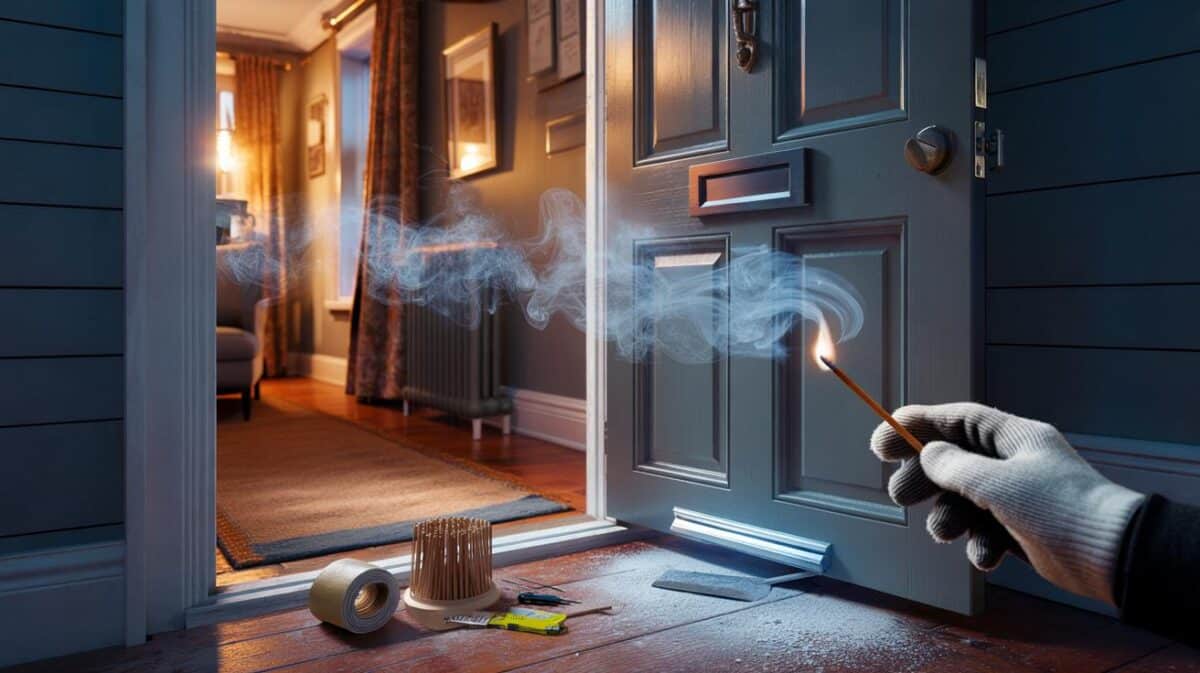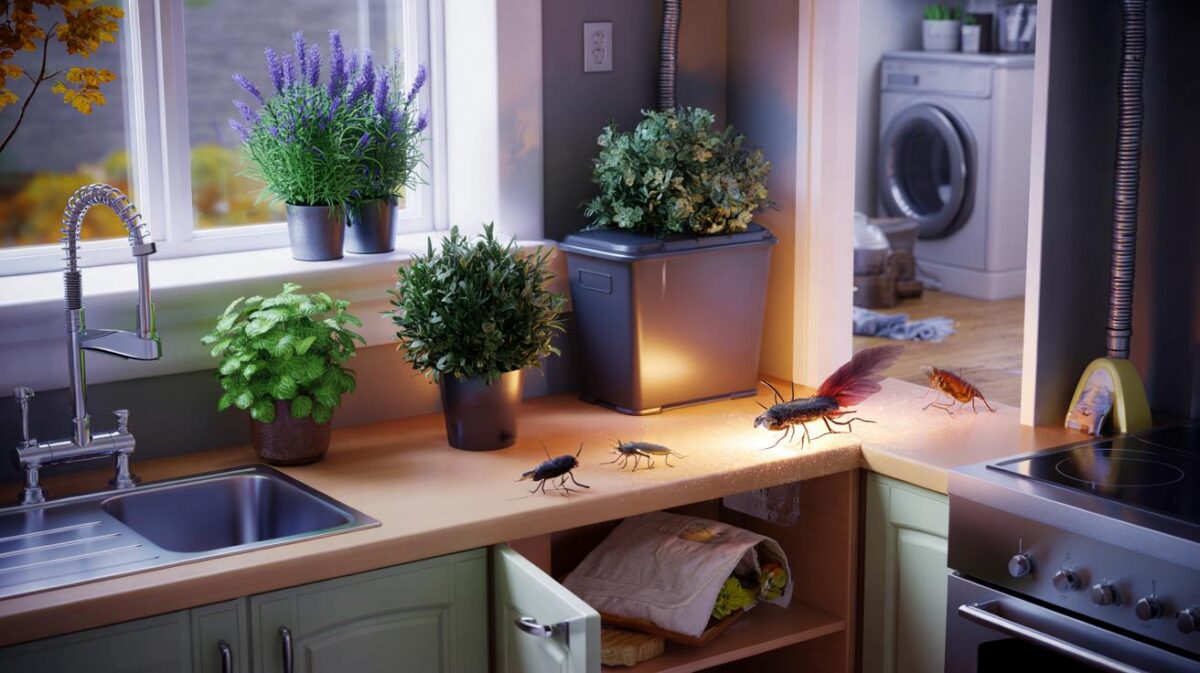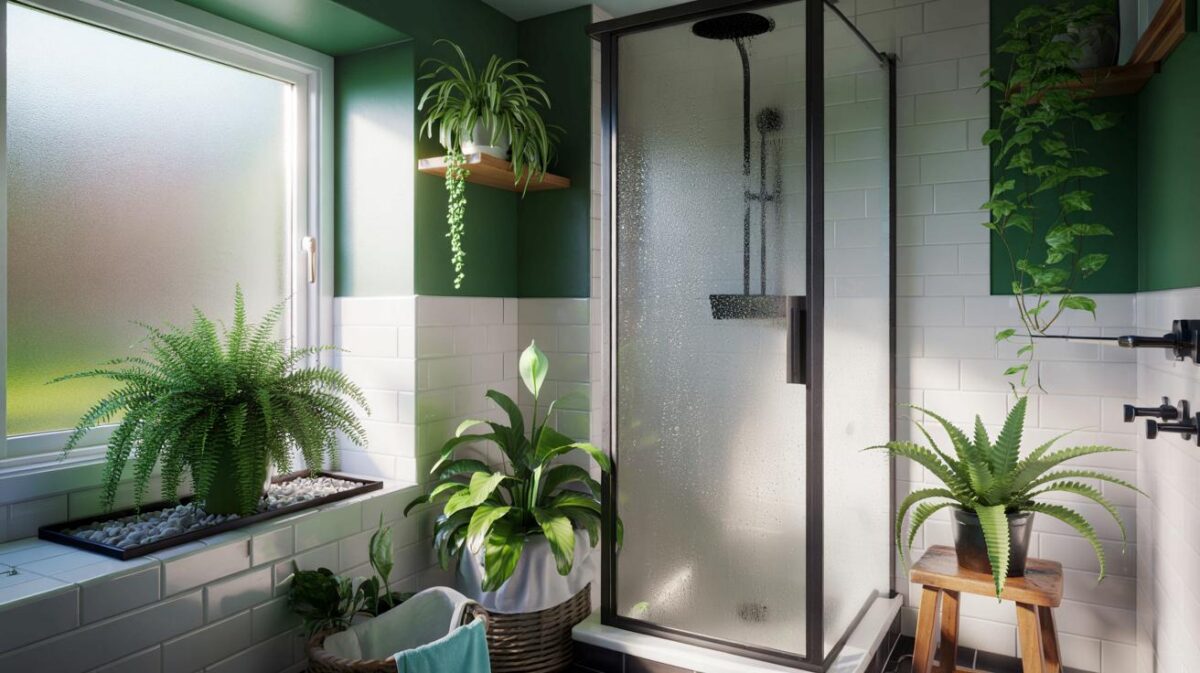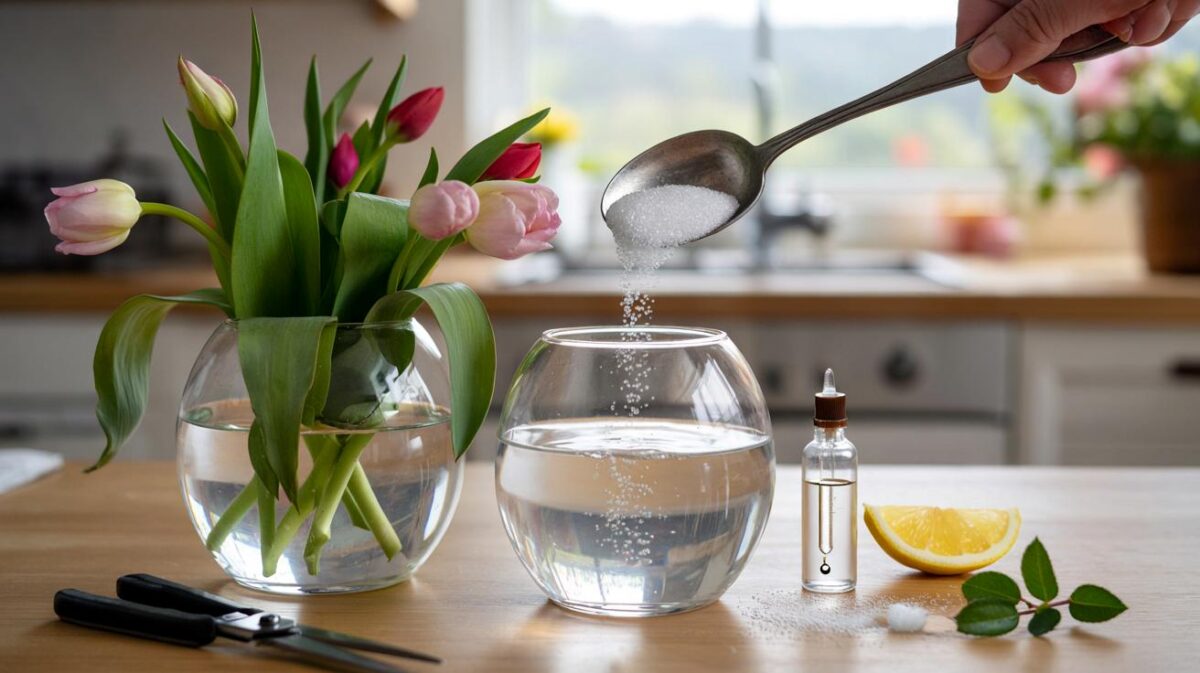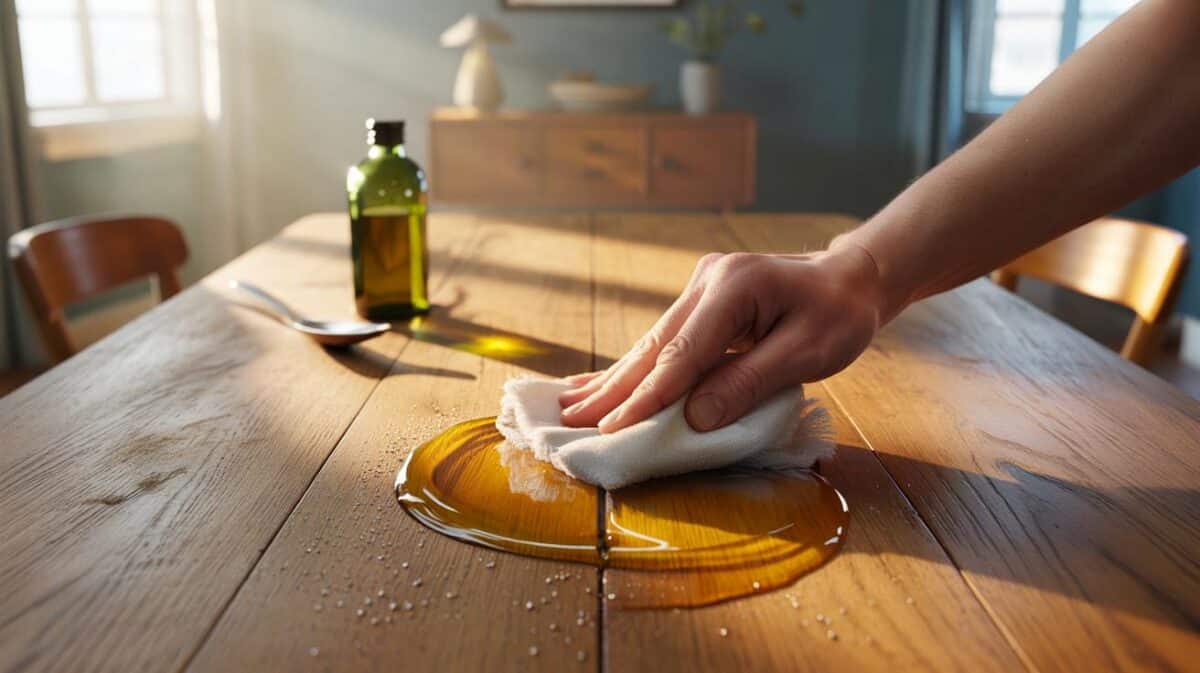Taps furred with limescale, a kettle that leaves chalk in your tea, glass that won’t shine no matter how much you scrub. We’ve all had that moment when you stare at the cleaning aisle and wonder which promise to buy. One secret ingredient cuts through the whole lot.
The shower screen looked misty, the sink a little greyed, and under the cupboard sat a small museum of half‑used sprays that all smelled like different kinds of lemons. Later, over coffee, a neighbour slid a little paper bag across the table — white crystals, cheap as a sandwich, and not much to look at — and said, “Try this on everything the water ruins.” I did. Everything changed faster than I expected. It was just lemon, without the lemon.
Meet the quiet heavyweight in your cupboard
Here’s the twist: that “mystery powder” is plain citric acid, the food‑grade stuff bakers use, and it is wildly good at hard‑water mess. It grabs the chalky minerals welded onto your taps and glass and tells them to let go. **This powder is the limescale killer your bathroom has been waiting for.** It doesn’t shout with harsh fumes or leave sticky residue; it just melts the crusts that make everything look tired.
The first time I tipped a tablespoon into my scaly kettle, it fizzed like a tiny festival. Two minutes later the water ran clear and the base shone like a coin. I took the same solution to the shower screen and watched streaks loosen under a soft cloth, no arm wrestle involved. Around 60% of UK homes live with hard water, which means this isn’t a niche problem; it’s a national sport.
Why it works is beautifully simple. Citric acid is a weak organic acid that chelates calcium and magnesium — the minerals that glue themselves to everything you love. Vinegar does a similar dance, though the odour lingers; citric acid is more discreet and often faster on thick build‑up. It’s kind to most surfaces, kinder to the planet than industrial descalers, and kinder to your nose. If you like a cleaner cupboard, this is the multipurpose promise that actually holds.
How to use it today, and what to skip
Start with one base mix: dissolve 1 tablespoon of citric acid into 500 ml of warm water in a spray bottle. Add a drop of washing‑up liquid if you want extra slip. Spray it on taps, shower glass, chrome, sinks, and the toilet rim, leave for 5–10 minutes, then wipe and rinse. For kettles, dissolve the same tablespoon in a full kettle, bring to the boil, rest a minute, then pour away and rinse. **Give it time to work and it will save your elbows.**
A couple of gentle rules make it foolproof. Don’t use acids on natural stone like marble or travertine — they’ll etch. Skip bare aluminium and old cast iron, and test unsealed grout in a quiet corner. Never mix with bleach; acids and bleach together make nasty gas. Rinse metal thoroughly and dry taps so water spots don’t return. Let’s be honest: nobody actually does that every day. Yet five minutes of dwell time once a week will outpace a whole afternoon of scrubbing.
Real talk from the professionals sticks. “You don’t need stronger chemicals, you need patience — spray, wait, then wipe,” a veteran cleaner told me while flicking foam from a shower screen like a magician.
“Make the product do the work. Your hands are for guiding, not battling.”
- Showerhead rescue: pop it in a jug with 2 tablespoons citric acid and hot water for 30 minutes, then rinse.
- Dishwasher tune‑up: 2 tablespoons in the empty machine and run a hot cycle to clear film and odours.
- Washing machine refresh: 3 tablespoons in the drum, 60°C quick wash; wipe the drawer after.
- Toilet sparkle: sprinkle bicarbonate of soda, spray citric solution on top, wait for the fizz, brush, flush.
- Glassware glow: a teaspoon in a bowl of warm water, quick dunk, rinse; goodbye milky rims.
A small change that shifts the whole rhythm
What struck me wasn’t just the speed, it was the quiet. No stinging throat. No room cleared for an hour. You mix, spray, wait, and everything loosens, like a knot with a little oil. The kettle gives you blond tea again, the taps catch the light, and you suddenly see your bathroom in honest focus. **Tidiness feels lighter when the tools don’t fight you.** People swap tips on stairwells, hand around jam jars of the stuff, and compare before‑and‑afters like proud gardeners. The ritual shrinks to something casual and forgiving, closer to brushing your teeth than declaring war on grime. You might find time returning to you in small pockets — five here, ten there — which is where better days often begin.
| Key points | Detail | Reader Interest |
|---|---|---|
| The secret ingredient | Food‑grade citric acid powder, odour‑light and ruthless on limescale | One product replaces several pricey sprays |
| How to use it | 1 tbsp in 500 ml warm water for surfaces; stronger soaks for kettles and showerheads | Simple recipes you can memorise |
| What to avoid | No bleach mixing; avoid natural stone, bare aluminium, old cast iron | Confidence to clean without mishaps |
FAQ :
- What exactly is citric acid?A weak organic acid derived from citrus, sold as a white, food‑grade powder.
- Is it safe around pets and kids?Used sensibly and stored sealed, yes; keep solutions out of reach and rinse surfaces.
- Can I mix it with bicarbonate of soda?Yes for a fizzing scrub, though they neutralise each other; use for toilet bowls and drains.
- Will it damage stainless steel?Fine for brief contact; spray, wait a few minutes, rinse well, then dry to avoid spotting.
- How often should I descale my kettle?In hard‑water areas, every 2–4 weeks; a quick monthly fizz keeps tea tasting clean.
